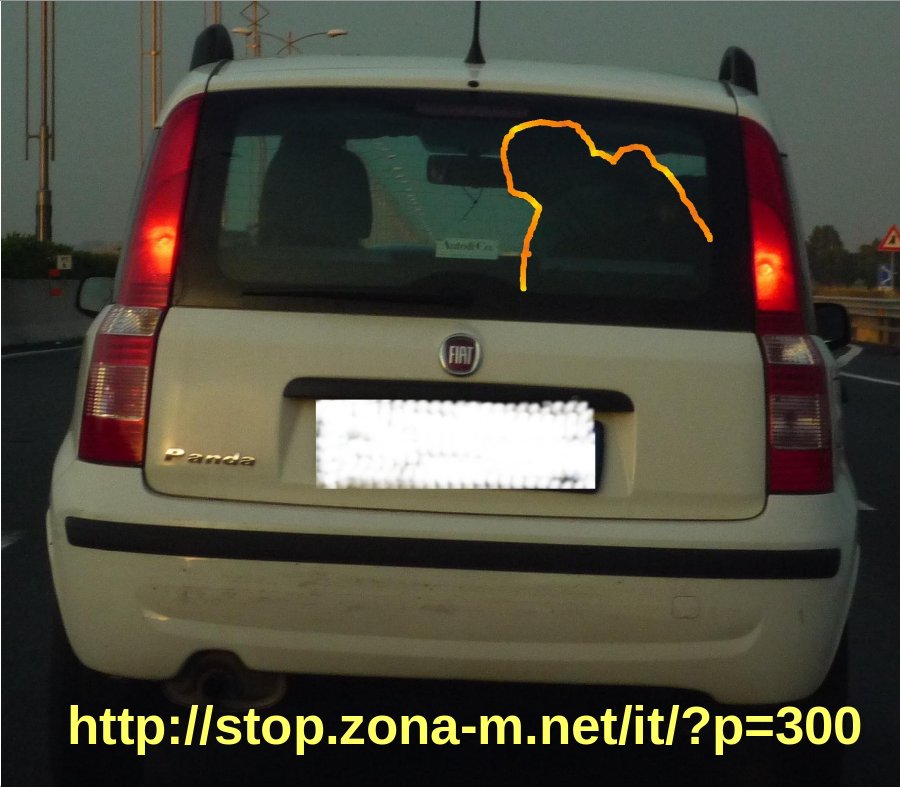All Posts
The connections among Education, Green ICT and Free Software
During the fOSSa 2010 conference in Grenoble, several speakers talked about how much Free/Open Source Software (FOSS) is important in two fields that are strictly related for the future of our society: education and environmental sustainability. This is a synthesis of the most important points that emerged in those talks (My full fOSSa report is in a separate page).
Kids traveling inside cars like rockets ready to launch or human airbags
If you have reached this page is probably because you followed from Facebook the URL in the photo below and then clicked on the “English” link: The italian text at that URL is an open letter in which I ask Italians to pay much more attention than they are currently doing to the security of their children while driving. I am not publishing a full translation because, as far as I know, the letter as it’s written only applies to Italy, so this is just a short explanation of what that photo is about.
Microsoft video proves that Microsoft Office is like cocaine and has dealers inside schools
On October 6th, 2010 Microsoft published a short video on Youtube titled “A Few Perspectives on OpenOffice.org”. The video is about “Some thoughts from OpenOffice.org users and why they switched back to Microsoft Office” (OpenOffice.org and its offspring LibreOffice are “free-as-in-freedom” alternatives to Microsoft’s Office productivity suite. They have no license costs and natively support OpenDocument, an international standard format for office documents).
Touring the Balkans to promote Free Software
James Michael Dupont (Mike) is a software developer that is doing a lot to promote Free/Open Source Software (FOSS) in Kosovo and other Balkan countries. This year, Mike invited a first class team to spend a couple of weeks in the southern Balkans, to explain why and how FOSS can play a great role in the social and economic development of those countries.
Political support for OLPC brings new challenges to education in Mauritius
In 2010 the Labour Party of Mauritius adopted the One Laptop Per Child (OLPC) project as a national program in their National Election Manifesto. The Labour Party is a member of Alliance de l’Avenir, the coalition that won the 2010 general elections in Mauritius. Even the Alliance program (also available on Scribd) mentions the OLPC, first in the Executive Brief (page 9):
